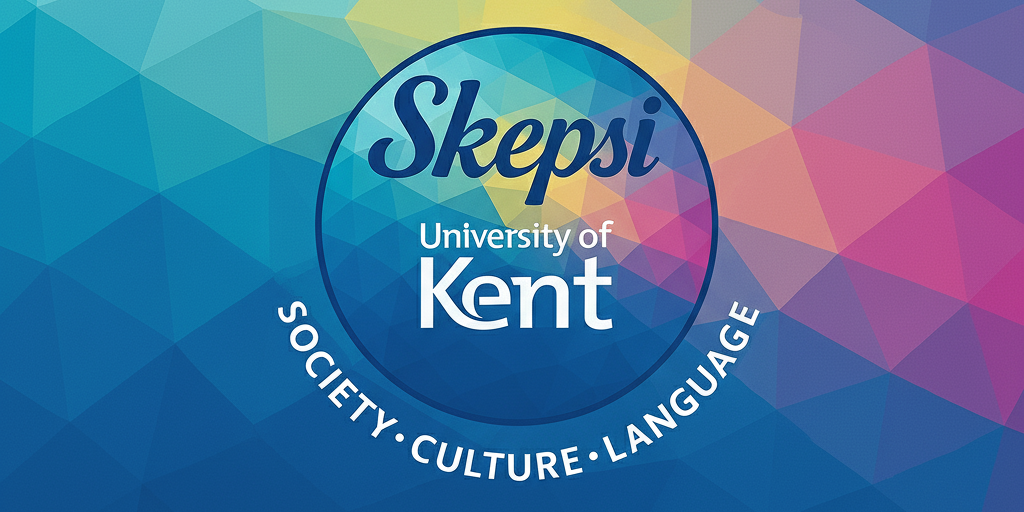Skepsi’s Third International and Interdisciplinary Postgraduate Conference
University of Kent in Paris
Pleasure in the Text — Pleasure of the Text
17 April 2010, Paris, Reid Hall Campus
Just as we seek pleasure in our daily lives, so, as readers, we seek pleasure in literary texts. We may look for and discover pleasure in the content of the text — that is, in representations of emotions, situations or images — but we may also look for it in the form of the language that attempts to capture them.
How do the content and the form of a literary text stimulate readerly pleasure? Hegel sought aesthetic delight in the ideal of an ‘immanently harmonious and self-reliant’ narrative. Barthes suggested that the pleasure of the text is independent of ‘the logic of understanding’ and alluded to its equivocation by calling it ‘a drift, something both revolutionary and asocial […] something neuter’. For his part, Lacan advanced the view that language is asymptotic to carnal pleasure and that the text will never successfully communicate the peculiarity of this experience.
To what extent — if at all — can intellectual, aesthetic, erotic or sexual pleasure be represented in or by a text? What textual devices can be used to convey pleasure? Does the contemporary proliferation of different media further problematise the relationship between pleasure and text? Are different media capable of conveying different pleasures? Do the pleasure and the methods of its representation evolve in a temporal and spatial sense?
The conference theme, ‘The Pleasure in and of the Text’, can be interpreted in many ways. We invite potential speakers to enquire into the sources and conditions of the reader’s jouissance and to analyse its various forms as well as to explore the possibilities, temptations and risks of reproducing the ‘real life’ pleasure.
The conference will have an international and interdisciplinary character. The following list is neither prescriptive nor exhaustive:
– Comparative Literature
– Modern Languages and Linguistics
– Philosophy of Language
– Continental and Analytical Philosophy
– Aesthetics and Visual Arts
– Gender Studies
Abstract proposals (max. 300 words) for twenty-minute papers in English should be sent as a Microsoft Word attachment to the conference organising committee at: pleasure2010@kent.ac.uk
The email should include the name of the author, institution and a short bio. You should also indicate in your proposal any audiovisual requirements you may have.
The deadline for abstract submission is 20 January 2010.
Funding may be available for University of Kent speakers. Check application form at THIS ADDRESS.
Selected papers will be considered for publication in the fifth issue of the on-line research journal Skepsi.
http://www.kent.ac.uk/secl/journals/skepsi/index.html
http://blogs.kent.ac.uk/skepsi/

